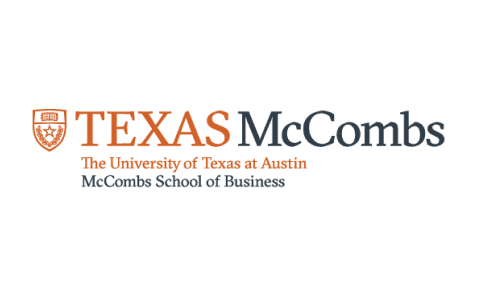OOPs Concepts in C++
Learn class, objects, object modifier and different pillars of OOPs Concept in C++

Ratings
Level
Learning hours

Learners
Skills you will learn
About this course
In this course, you will learn about Object-Oriented Programming in C++ programming language. Essential concepts such as class which is a blueprint for an object and object which is a real world entity are discussed. Moving further you will learn about Access Modifiers and its different types such as public, private and protected. Then we will jump to the most important part, that is four Pillars of OOPs, starting from encapsulation which is used to hide sensitive data. Following that second feature is Abstraction and then you will learn about Inheritance and its different types and lastly you will end this course by understanding the last principle that is polymorphism.
Explore our Software Engineering Courses today.
Course Outline
 UPGRADE
UPGRADE
Recommended university programs
What our learners enjoyed the most
Skill & tools
63% of learners found all the desired skills & tools
Frequently Asked Questions
Will I receive a certificate upon completing this free course?
Is this course free?
What do you mean by the term OOPs in the context of C++? Explain with an example.
OOP stands for Object-Oriented Programming. Object-oriented programming focuses on creating objects containing both data and functions. OOP is faster and easier to execute and, at the same time, provides a clear structure for the programs. OOP, in a nutshell, binds together the data and the functions that operate on them so that only that function can access this data.
Let’s understand OOPS with a real-life example or a car. An engine powers a car, and it has components such as chassis, body, and wheels. Many operations are possible on a car, such as starting an engine, driving the car, putting brakes on the car, refilling fuel in it, etc. Car is driven by another entity, i.e., the driver. The co-passengers sit in the car but have no access to the steering or engine. The driver can adjust the oil circuit by stepping on the accelerator. The driver can control the speed of the engine and drive the wheels to rotate. So one object is interacting with another object via explicit methods, and all parts of one object are not exposed to another object.
What are the pillars of OOPs in C++?
The three pillars of OOPS in C++ are encapsulation, inheritance, and polymorphism. A true object-oriented program includes all three pillars. Let us deep dive into each pillar.
Encapsulation refers to placing both data and operations within a class definition to realize an abstract data type (ADT). The term abstraction refers to the process of extracting the crux or main part of a real-world thing or concept and modeling it with the data (data abstraction) and operations (procedural abstraction) of the ADT. The data portion of this tuple is generally placed in the "private" part of the class, while the operations from the public interface to the ADT, and is therefore placed in the "public" part of the class definition. Information hiding refers to the fact that we prevent a user of the class from having access to the data in the class implementation for that case where the user does not need such information. We expose data on a need-to-know basis. We say that we are practicing information hiding by defining our classes in this way.
Inheritance means acquiring all possessions or properties. In C++, we have two forms of inheritance, i.e., single inheritance and multiple inheritances. Single inheritance happens when one class (called the derived class) acquires the properties (data and operations) of another class (called the base class), whereas multiple inheritances occurs when one class acquires the properties of two or more base classes.
Thus a base class is the parent class from which other child classes are derived. Derived class or child class is also called an extended class. Poly means many, and morph means form. So polymorphism in C++ uses the same name for different operations on objects of different data types. Polymorphism may be achieved (or at least approximated) in several ways:
-
Using function overloading and operator overloading
-
Using function templates
-
Using virtual functions with dynamic binding or run-time binding
What are the main features of this course?
This course focuses on four principles of object-oriented programming, i.e., encapsulation, abstraction, inheritance, and polymorphism. Each principle is explained in sufficient detail with example programs. Apart from that, access modifiers are also taught along with different types of constructors used in a C++ class.





















.jpg)



.jpg)
.png)







.jpg)






